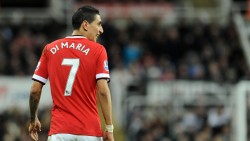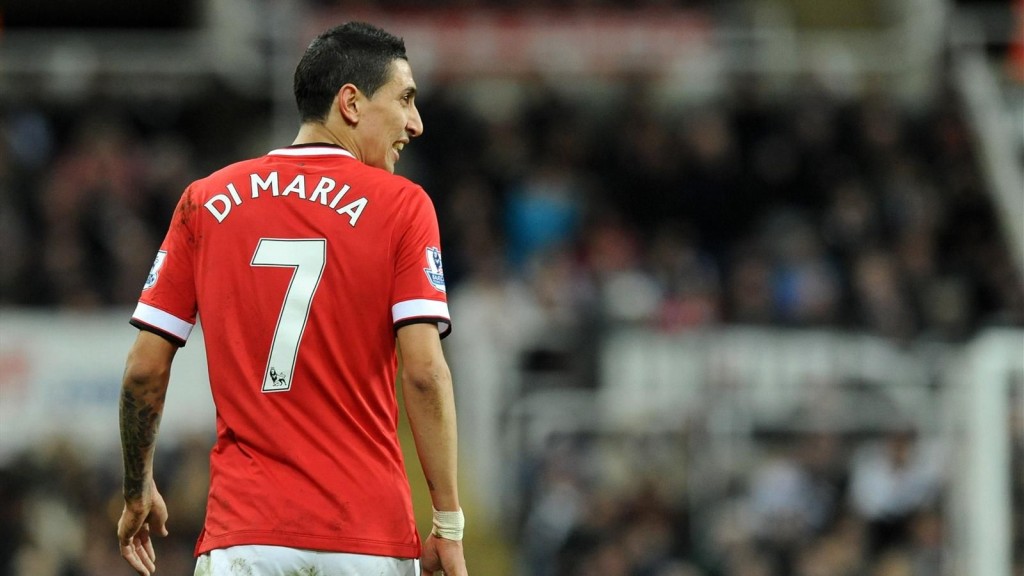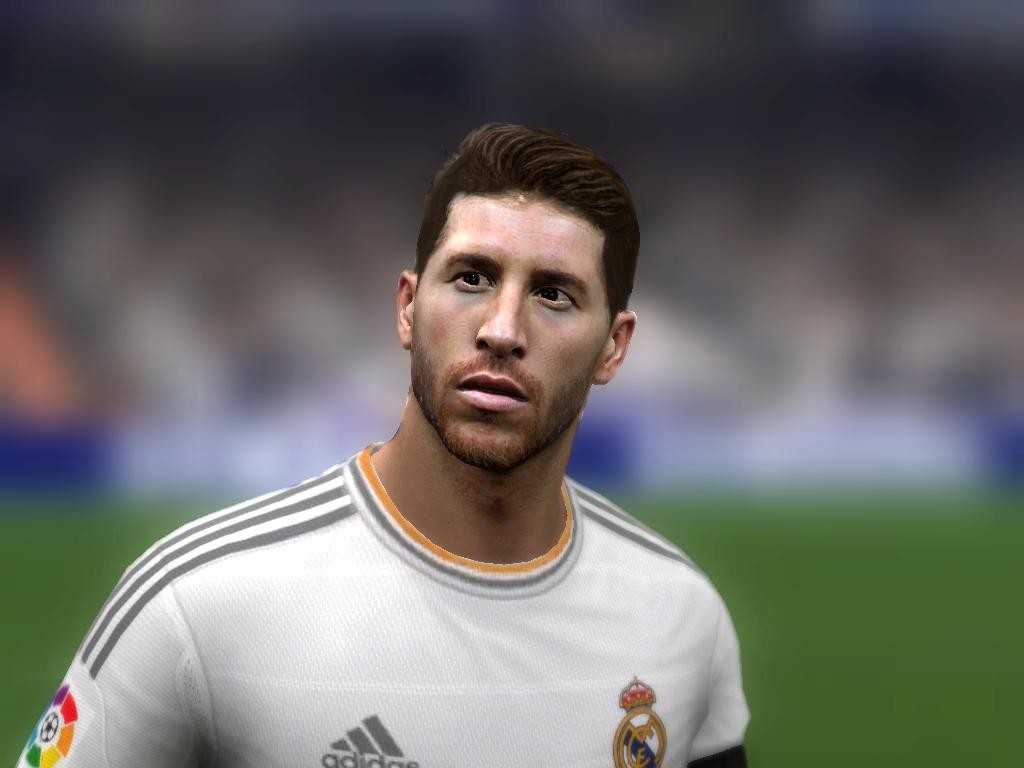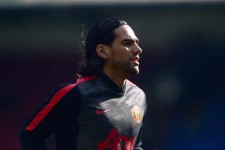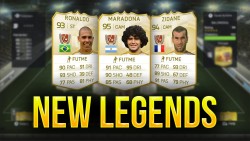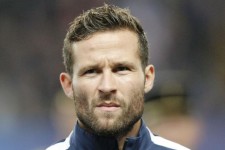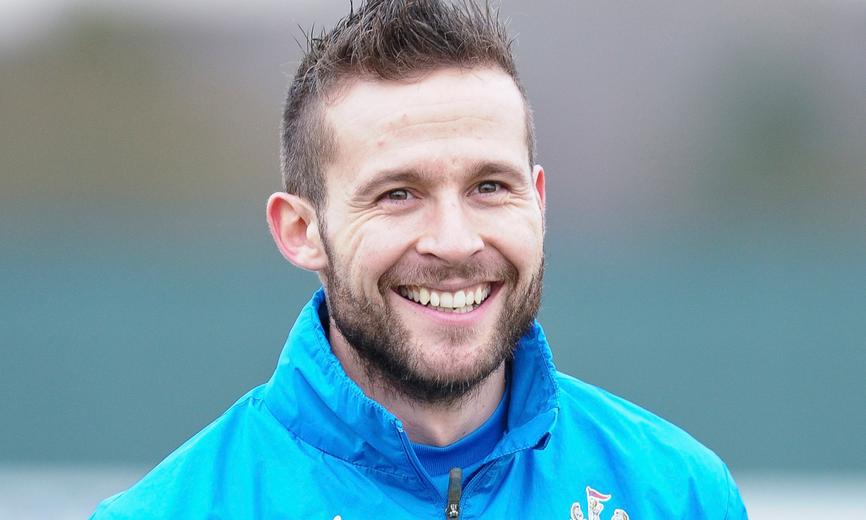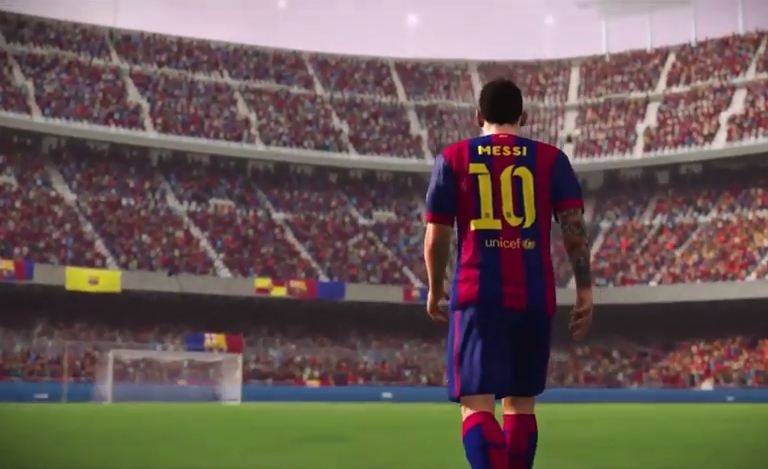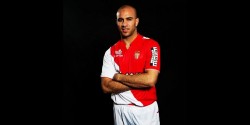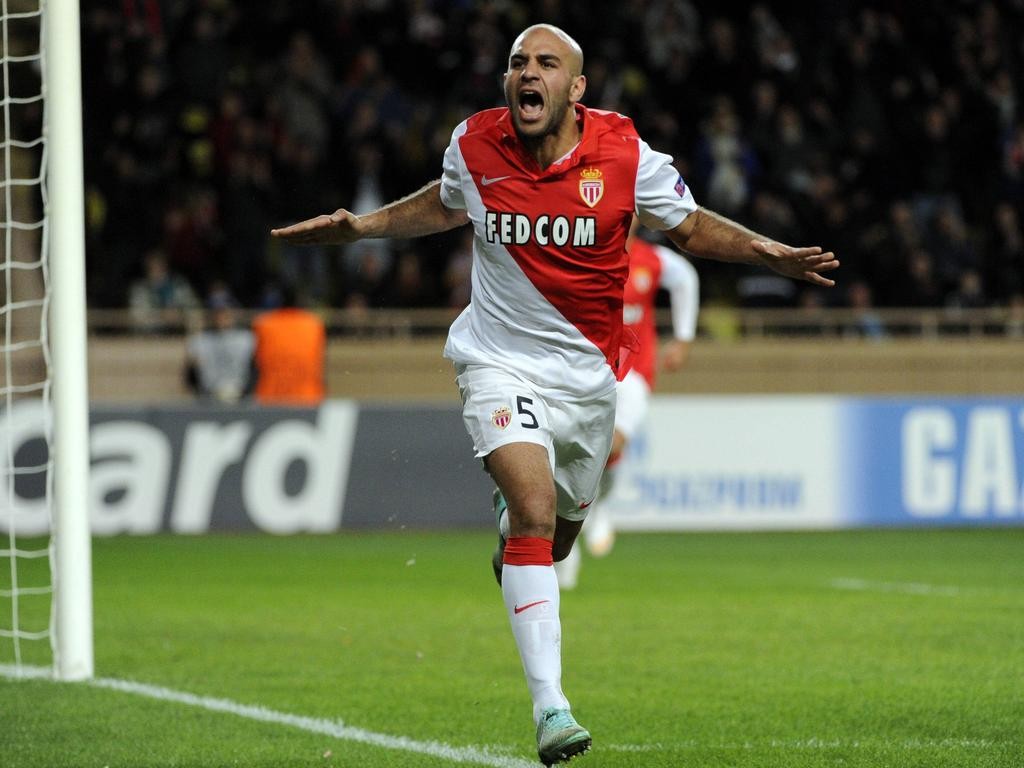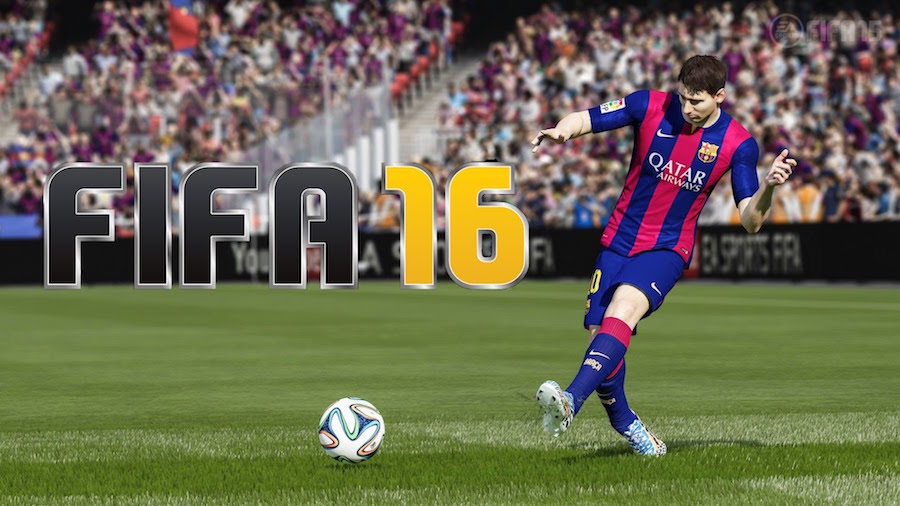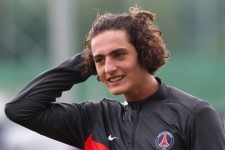
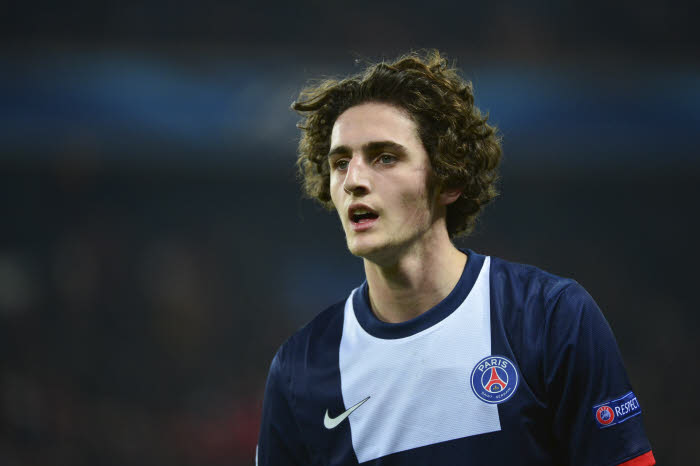
It isn’t really news that Adrien Rabiot is unhappy — with his role — at PSG. The talented youngster has once again demanded to leave the club and his mother and agent was supposed to meet the PSG president to request a move away from the club.
Tottenham have been on his tail for a while now and have been severely linked with the Frenchman in the last two windows. Recent reports say they have reignited their interest in the player. West Ham are also said to be keen on the player.
Even though there isn’t any real indication as to whether Tottenham or West Ham are genuinely interested in the player, it is definitely clear that Rabiot doesn’t want to stay at PSG. The 20-year-old midfielder feels he needs to be play more and it is understandable for him to want to move to a place where he gets more game time, especially if he wants to be chosen for the senior France side for the upcoming Euros.
Spurs need a central midfielder, someone who can command the midfield and do so with conviction and in Rabiot, they will get exactly that.
The Frenchman started his career playing in the suburbs of Paris for US Creteil Lusitanos before Manchester City came offering him a place in their academy. Then 13 year old, Rabiot struggled with life at city as he faced big problems due to the language barrier.
Just six months hence, he decided to leave England and move back to his native France. His boyhood club, PSG came asking for his services and the youngster joined the Parisian giants, quickly making his way up the ranks.
Rabiot is capable of playing anywhere in the midfield, from the holding role to a more box to box attacking role. He has usually been deployed in a deeper role for PSG and has proved his worth. He doesn’t shield the defence and at the same time he doesn’t bombard forward regularly to try and get to the final third. Instead, he sits in the centre and starts plays from the heart of the pitch, to try and orchestrate things from the centre.
His biggest strength has to be his positioning. He is not caught out of position and even if he is, he is quick enough to track back. He is not the bulkiest of players so instead of using his physicality, he uses his vision to help his side. He can thread neat through balls and passes to his teammates and move the play forward.
With competition from the likes Marco Verratti among others for a place in PSG’s midfield, it is understandable why Blanc hasn’t given him the game time he thinks he deserves. He started 10 league games last season and came off the bench in 11. He scored four goals and got an assist to his name last season. With a lack of starts and goal scoring not being his main priority, these stats can show a glimpse of how talented the midfielder is.
Tottenham and West Ham can definitely use a player like him even though he’s not yet the finished article and may take a while for him to get going, if either of the Premier League clubs lands him, they will have a great player for the future within their ranks.
Written by Aakriti Mehrotra
Follow Aakriti on Twitter @Aakriti1
Like O-Posts on Facebook
You can also follow O-Posts on Twitter @OPosts





